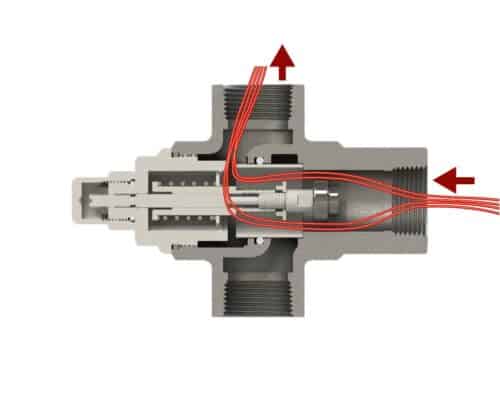So that is what makes this hard.
We have the space. Sound, I'm not sure how loud it is so I can't say whether that will be an issue but I will be working in the basement often and usually am playing music. They will likely need to install a pump to drain the condensate as well which will add ~$300 to the bill if so and maybe more noise for the pump?
On the other hand if we go in-direct the pellet boiler is going to be firing on and off year round to produce that hot water, and of course will add some heat ot the basement.
I really just don't know what to do.
Not sure if you made a decision on this yet, but here is my input as someone who has owned the setup you're considering, pellet boiler with HPWH:
The pellet boiler will make the basement almost unbearably hot in the summer if you run it year round. My first summer after installing it I didn't realize I could shut it down in the summer and ran it about halfway through the summer before realizing that. The basement was HOT, really hot and some of that heat did rise into the first floor too.
The HPWH worked really well in our house and since we installed solar PV, it made a lot of sense since we were making the energy to run the water heater from the solar. If you have any future plans to install solar, this should sway your decision toward the HPWH.
Here are a few things to be aware of using the HPWH and shutting down the pellet boiler for the summer:
I had a MeSys boiler (rebranded Okofen for the US market) which had an ash auger that would push the ash over into an ash canister and would compress it so that you only had to empty the bucket 3-4 times per season. One issue I had a couple times was that after a summer being shut down, when I went to fire up the boiler at the start of the next heating season the ash that had been sitting in the auger tube had hardened into a concrete like consistency. It was so hard that the auger could not turn, which it tried to do as part of the normal system checks on startup, so it shut down and said the ash bucket was full even though it was empty. It was sensing the resistance on the auger which was stuck fast. Not a big deal to fix, I just had to chip the hard ash out of the tube and the ball valve on the ash bucket with a hammer and awl. One way to avoid this would be to get an ash vacuum and vacuum all the ash out of those areas shortly after shutting the boiler down for the summer.
As for the HPWH, if you have a very cold, drafty basement, it may rely mostly on the electric elements in the winter which will be more expensive, but again, if you plan to install solar PV, you can plan for that by oversizing the solar system a bit to account for the electric usage increase.
I hope this is helpful.


